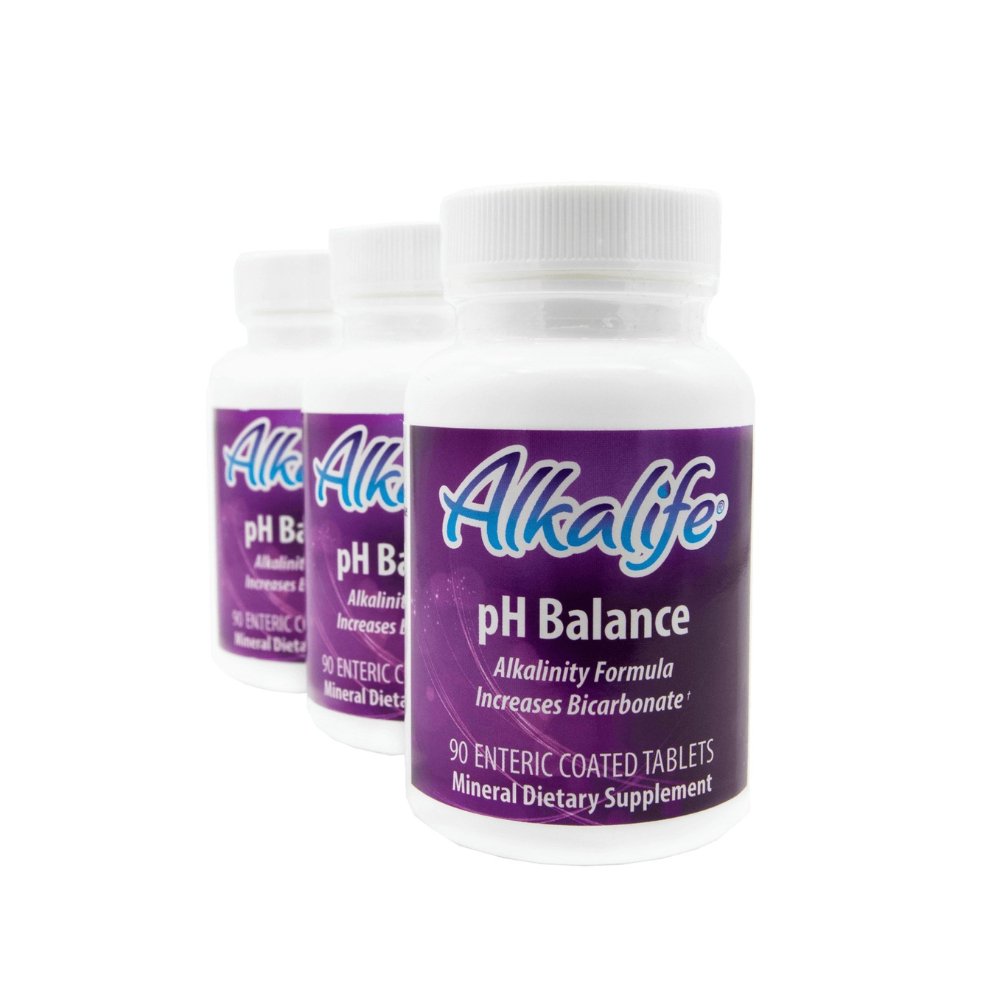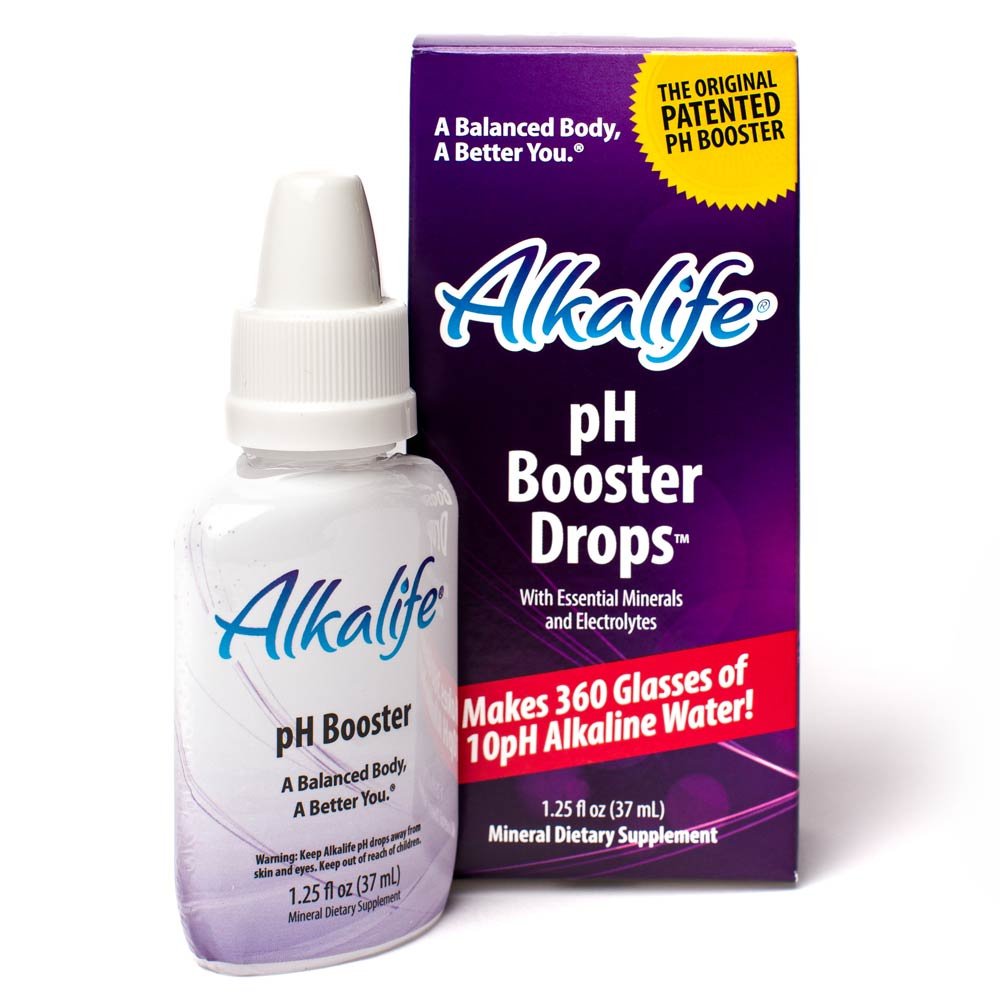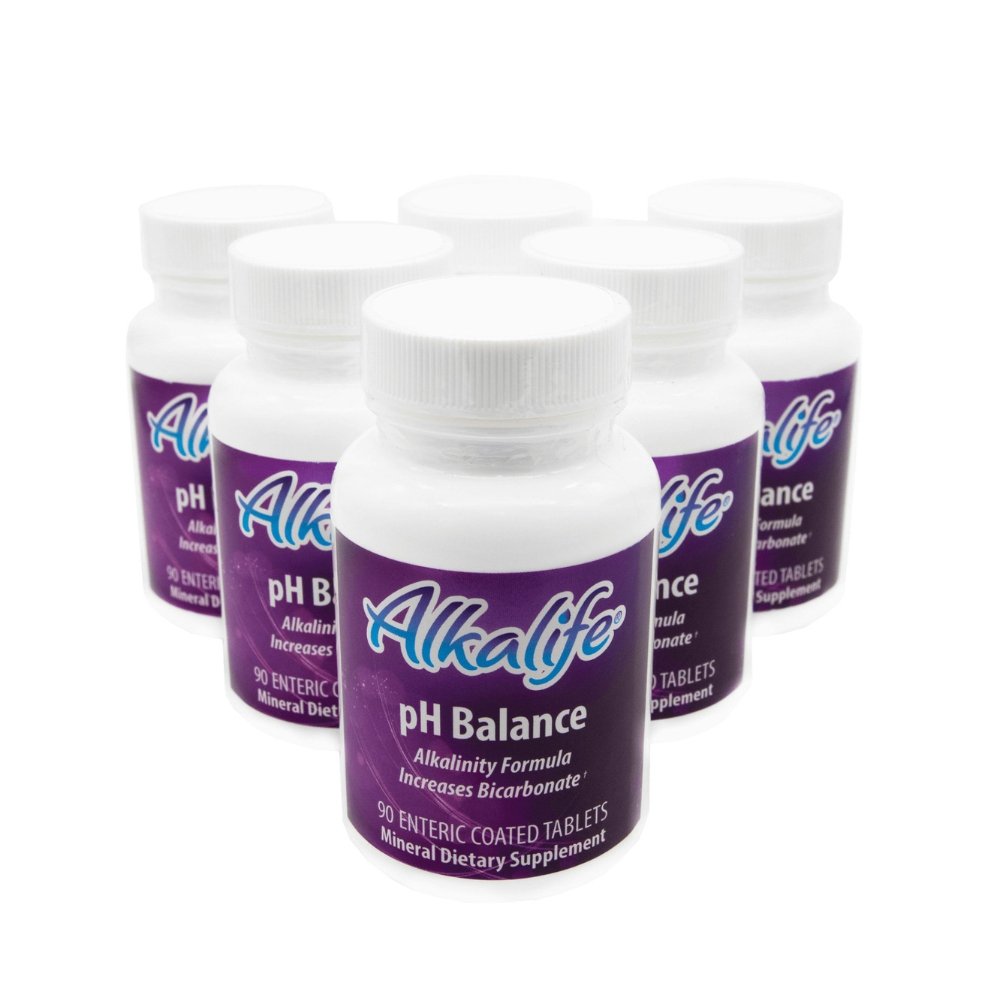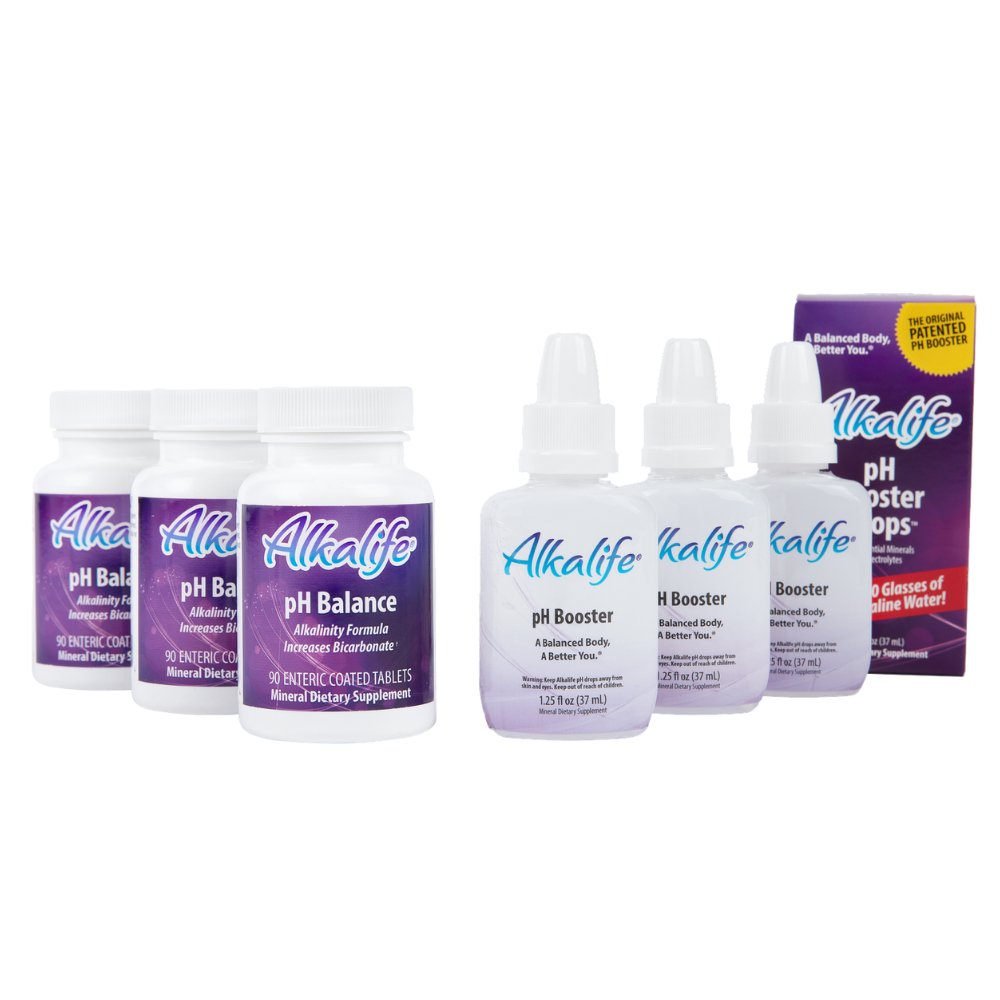Acetyl-L-Carnitine
Energy is a precious thing, and no, we are not talking about the global oil markets. Humans need energy to stay alive, to do their jobs, to take care of themselves as well as their loved ones, and to pursue their dreams. We know we consume food to get energy, but how does it work? L-carnitine is a naturally occurring amino acid derivative that uses fatty acid oxidation to turn fat into energy in order to keep the body going.
What Is Acetyl-L-Carnitine?
Acetyl-L-carnitine (ALC or ALCAR) is a specific type of L-carnitine (Levo-carnitine). It is created in the body from the amino acids, lysine and methionine. L-carnitine is made in the kidneys, liver, and brain to help the body convert fat into energy. It's also found in animal products like poultry, fish, meat, and milk.
On the most basic level, L-carnitine allows the energy-producing component in our cells – the mitochondria – to do its job. Carnitine is vital for the transfer of long-chain fatty acids across the inner membrane of mitochondria so oxidation can take place. Our heart and skeletal muscles can’t work properly without this process.
With it, the heart can function at a much more efficient level. In fact, research shows that having optimal levels of L-carnitine in the body could help prevent a significant amount of suffering that comes with deteriorating heart health.*
Acetyl-L-carnitine is a form of carnitine specifically developed for rapid absorption as it crosses the blood-brain barrier. It's especially suitable for anyone who wants to enhance their concentration, learning, and memory.*
Once it passes through the blood-brain barrier, ALC helps to promote synthesis of a key neurotransmitter in the brain, known as acetylcholine. Its main role is to enable communication between nerve cells. When the acetylcholine synthesis process is improved due to taking ALC supplements, you feel a boost in your alertness, focus, and memory health.*
Top Benefits of Acetyl-L-Carnitine Supplementation
Studies have shown that acetyl-L-carnitine may ward off Alzheimer’s disease and other forms of dementia, as well as improve mental function in healthy people.* And since ALC protects neurons in the brain and the central nervous system, it can also reduce peripheral nerve damage associated with diabetes.*
A significant body of research and clinical trials show that acetyl-L-carnitine, when used with other nutrients that support heart function, can tremendously improve the quality of life of people with heart disease.*
If you are a vegetarian or vegan, you’re highly likely to have a carnitine deficiency because very little is supplied by your diet. By taking acetyl-L-carnitine supplements, you can bridge the gap and experience all its benefits.*
Improved Quality of Life in Heart Patients*
When you’re healthy, it’s easy to take your ability to perform the tasks of daily living for granted, from making the bed in the morning to walking around in the supermarket. Anyone whose heart function is compromised may not be able to carry out such seemingly mundane chores.
One key way in which the acetyl-L-carnitine impact is measured is to examine the effect of the supplement on heart disease patients’ ability to exercise. Researchers have been able to quantify and compare improvement in the ability of the heart to do its job by using measures such as bicycle or treadmill stress tests, which are much more physically demanding than routine day-to-day activities.
In one study, researchers tested L-carnitine on 47 people with chronic stable angina; participants received either 2 grams of L-carnitine every day or a placebo. Computerized stress tests measured their ability to exercise, including duration and time to recover, at the beginning of the study and after 3 months of taking L-carnitine dietary supplements. Those taking L-carnitine significantly improved the length of time they were able to work out and shortened the recovery time after, while no improvement was seen among those taking a placebo.
More Energy for Exercise*
We know that a L-carnitine or acetyl-L-carnitine supplement improves cardiovascular health, but it is not designed to replace exercise. It can help your body produce energy more efficiently so working out becomes easier.* It can also help your heart and other muscles recover more rapidly after your workout routine.*
If lack of energy tends to be your excuse for not being more active or getting regular exercise, supplementing with acetyl-L-carnitine can help.* This is particularly true for people who suffer from heart disease and, thus, experience shortness of breath or extreme fatigue upon even mild exertion.*
There are two important areas where carnitine does its work: in the heart and in skeletal muscles.* Carnitine increases the efficiency of energy generation and toxin removal in skeletal muscles.* It also acts as an antioxidant, which is crucial during exercise since increased activity causes greater production of free radicals.*
This is why many sports nutritionists and fitness trainers recommend taking L-carnitine to improve recovery from intense exercise. Researchers have found that L-carnitine may reduce muscle damage, promote post-exercise recovery, and reduce levels of lactic acid that cause soreness.
Even if you’re not really interested in improved exercise performance, acetyl-L-carnitine supplements can help: a study of 30 people with chronic fatigue syndrome found that ALC decreased fatigue and increased focus in participants.
Enhanced Brain Power and Mental Agility*
In 2002, a group of rats in Northern California made headlines when lead researcher, Bruce Ames, found that these rodents started functioning like their much younger peers after taking a combination of acetyl-L-carnitine and alpha-lipoic acid.
Researchers found that after a month of these supplements, previously old and lethargic rats functioned in a much younger way, both mentally and physically. In addition to a rebound in their energy levels, their memories (measured with mentally challenging tests) were like those of young animals, as was their appearance. Closer examination of various tissues showed that mitochondria displayed noticeably less decay in the supplemented rats’ brain cells than those in brain cells of rats that were not administered the supplements.
Since then, many scientists have concluded that acetyl-L-carnitine supplements are significantly more effective at preserving mitochondria in brain cells and act as an antioxidant for brain tissues.* This helps to explain why ALC is so effective in enhancing the function of memory and concentration and repairing mild cognitive impairment.*
Improved Male Fertility*
One factor that makes conception difficult is reduced sperm motility or the inability of sperm to move so they can reach and fertilize an egg. The good news is a number of studies suggest that acetyl-L-carnitine supplements may help in these cases.
A placebo-controlled, double-blind study, published in Fertility and Sterility Journal, tracked 60 men between the ages of 20 and 40 for six months. All of the men had reduced sperm motility. Half the men were given a placebo, while the other half took a combination of 1 gram of acetyl-L-carnitine and 2 grams of L-carnitine every day. Tests showed that sperm motility improved results among those who taking the supplements.
ACL supplements have also been shown to improve other aspects of sperm quality, such as sperm count, sperm concentration, and cellular integrity.*
Another study regarding male aging involved 120 men with an average age of 66 either given a placebo, testosterone, or a combination of ALC and PLC (propionyl-L-carnitine, another form of carnitine). While sexual function and satisfaction improved in the testosterone and carnitine groups after 3 months, it kept improving specifically in the carnitine group at a consistent rate after 6 months. The rate of mood improvement and fatigue reduction was the highest in the carnitine group.
How Is Acetyl-L-Carnitine Different from L-Carnitine?
Given their similar names, plus the fact that they are both just different forms of the same amino acid, it’s easy to confuse the two.
L-carnitine is has the ability to help the body change fat into energy.* Acetyl-L-carnitine does the same thing, but it goes an extra mile; it can cross the blood-brain barrier to support brain function.*
The blood-brain barrier is a protective layer that blocks toxins and pathogens from passing through to the brain and spinal cord tissue. There are only a handful of amino acids, such as acetyl-L-carnitine, that are capable of making it through to the brain to deliver health benefits.
Think of ALC as L-carnitine 2.0, i.e., a better, enhanced version of L-carnitine. In other words, ALC has all the health-enriching properties of L-carnitine, but L-carnitine doesn’t have all the benefits of acetyl-L-carnitine.
Alkalife® Brain Performance Plus™ Contains 1000 mg of Acetyl-L-Carnitine
Alkalife® Brain Performance Plus™ is a comprehensive dietary supplement complete with 1,000 mg of ACL in each serving to promote your brain function and cognitive health in a natural way. Our powder has been optimized to support energy production and antioxidant activity in your body, so you may feel the effects in as little as 30 minutes!*
Other high-potency ingredients in Brain Performance Plus™ - such as L-theanine, phosphatidyl-serine, Alpha-Glyceryl Phosphoryl Choline, B-complex vitamins, and ashwagandha – work together to give you the energy and focus you need to tackle the most demanding tasks throughout the day. Caffeine jitters and post-energy-drink crashes are a thing of the past. Experience a what pure burst of energy feels like as your body is rejuvenated and healed from the inside out.*
Place your order for Alkalife® Brain Performance Plus™ today. If you’d like to talk to our team regarding any questions or concerns, feel free to call us at 305-235-5120 or send us a message at info@alkalife.com.
*These statements have not been evaluated by the FDA. Alkalife® products are not intended to diagnose, treat, cure or prevent any disease or health condition.





